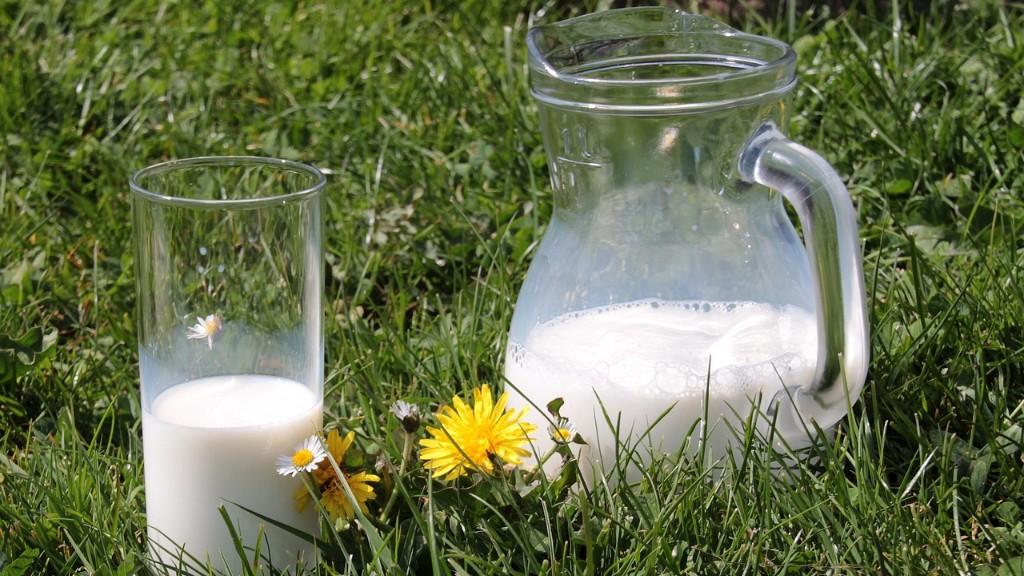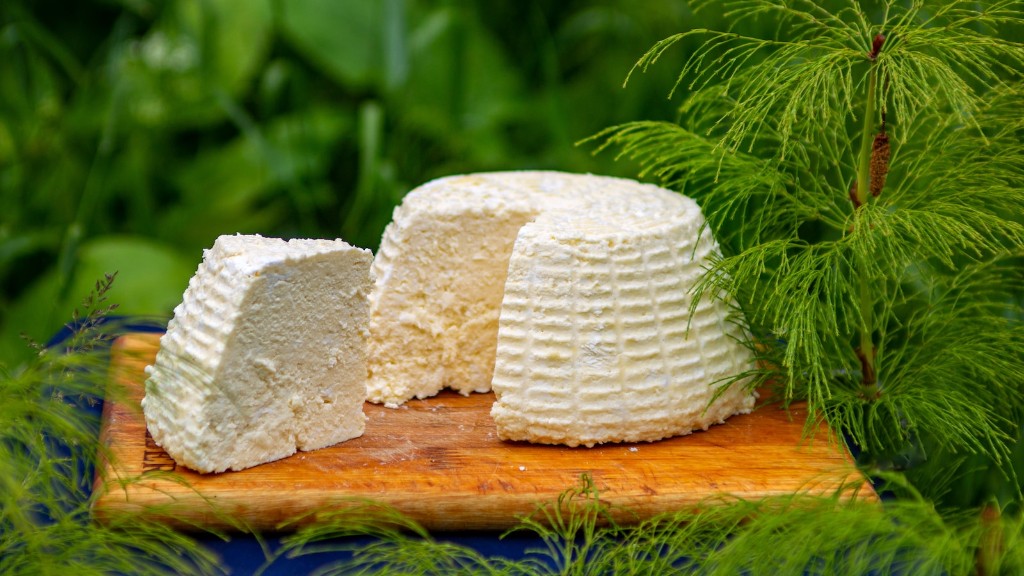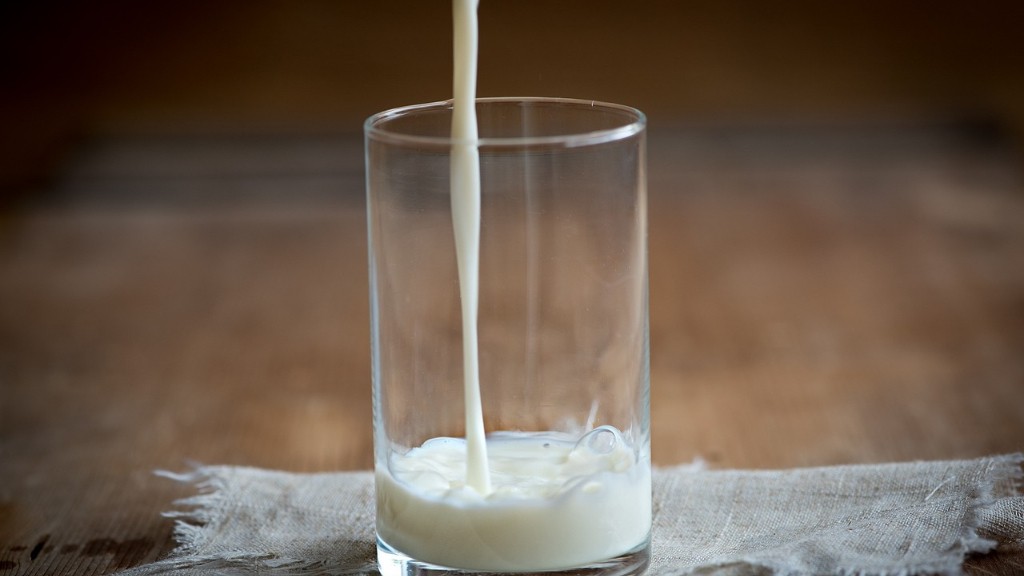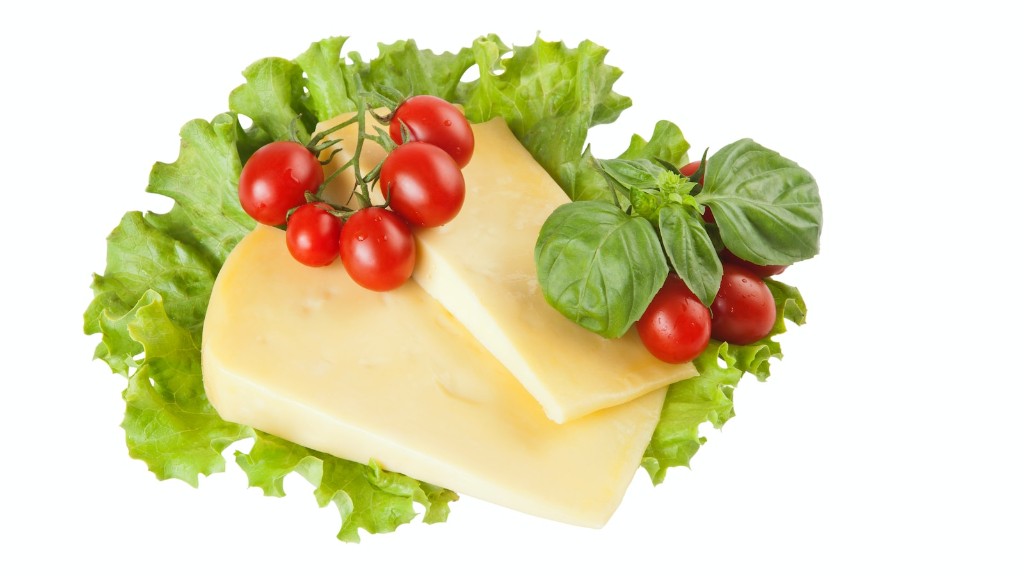Sweating During eating cheese: Biological Aspects
When we eat something, our body works to digest what we’ve taken in. It does this by creating processes that break food down and make it easier for the body to absorb. When we eat cheese, this same process takes place, but there may be an added feature – sweating. Why does this happen?
When cheese is taken in, enzymes in the body are activated that start the process of digestion. This creates an increased metabolic rate, which in turn can lead to sweating. Along with the enzymes is the release of protein, which assists in the digestive process as well. This protein increase can create a direct response from the body that raises the temperature, leading to sweating.
They begin the enzymatic digestion when the cheese enters the stomach. That comfort food we eat is broken down by the processes of hydrolysis, where enzymes like pepsin and rennin break down the cheese into smaller molecules. These smaller molecules then pass through the gut lining and into the bloodstream, where they can be utilized to fuel the body.
The release of these enzymes during the process of digestion increases the metabolic rate of the body. That being the case, the body may overcompensate in an effort to break down the cheese, leading to a substantial spike in metabolic rate. All that increased activity then sends energy to the body, and that can result in a rise in temperature further down the line.
Sweating is a natural process for the body as it works to cool itself from these internal temperature spikes. While this process is happening, it may be possible for a person to sweat more than what they’d normally do while eating. The body may be trying to cool itself more efficiently from the temperature spike, leading to an increase in sweating activity.
Cheese and Diet: Interconnected
Eating cheese and the corresponding sweat response go beyond biology. Sweating is a reflexive reaction determined by one’s particular diet. Certain foods can cause more perspiration than others. Cheese is rich in fats, proteins, and sodium, all of which can increase one’s metabolic rate. A higher metabolic rate can cause a core temperature increase, and the body’s response to this is obviously to sweat.
Cheese is high in calories and fat, which can cause the body to work hard to break down the food. This additional effort and energy can lead to increased sweating. Cheese also contains sodium, which regulates electrolytes and increases the number of electrolytes lost from the body through perspiration. This increases the amount of sweat the body produces and results in increased sweating during digestion.
Cheese is on a list of foods identified as causing increased perspiration. Other foods on the list include onion, garlic, spicy foods, fatty foods, and caffeinated beverages. All of these cause increased metabolic rates, and the body’s response to that is to sweat to dissipate the heat.
The amount of sweat released during the digestive process will depend on what’s being eaten. Still, those who eat cheese on a regular basis may find they’re sweating more than they would when eating other foods. This could be a sign that the body is working extra hard to digest cheese and could be a result of the body’s reaction to the components and compounds found in cheese.
Cheese Intolerance & Sweating
In some cases, one’s body may not have adapted and adjusted to digesting cheese, thus resulting in greater perspiration responses when eating cheese. A lack of enzymes necessary to break down the cheese could be causing an uncomfortable reaction for some people. Cheese is difficult to digest due to its high fat content as well as its lactose, which can result in bloating and sweating reactions.
Those who experience a heightened amount of sweating when eating cheese could be suffering from a cheese intolerance. If a person has increased sweating and bloating in addition to an increased sense of heartburn and stomach pain, then it’s possible they could have an intolerance for cheese.
If a person is experiencing increased perspiration after eating cheese, it’s best to consult with a doctor, especially if digestive issues are present. An evaluation is best to identify the cause of the discomfort and to determine if there is an intolerance or sensitivity present. This could help lead to a diet change if necessary.
Cheese Alternatives
For those who may be intolerant to cheese or just want to try something different, there are a wealth of cheese alternatives available. There are vegan cheese options made from nuts, probiotics, and legumes that offer similar flavors and textures. Soy and almond cheese options are becoming more popular as well and offer an additional source of nutrition to those wanting to reduce their beef and dairy intake.
Nut-based cheese, for example, can be made from nuts like cashews, almonds, and walnuts. These provide enzymes that naturally break down their proteins and allow them to taste creamy and smooth. Other alternatives may include tofu, olive oil, vinegar, and nutritional yeast, which can be modified to taste like cheese and work as a great topping for salads, sandwiches, pizzas, and more.
Finally, probiotic cheese can be a great alternative for those wanting to cut back on the fat and calories while still experiencing the flavors of cheese. They carry all the health benefits of probiotics, and can be a wonderful way to get the cheese flavor without the dairy.
Summary and Conclusion
Sweating when eating cheese is a real thing, and it’s caused by a spike in the metabolic rate due to the body breaking down the food. Cheese is high in calories, fat, and sodium, which contribute to a higher metabolic rate and consequently more perspiration. In some cases an intolerance to cheese can be the cause of additional sweating reaction.
For those who seek substitution for cheese, there are many alternative options available. These include vegan cheese, nut-based cheese, tofu, olive oil, vinegar, and nutritional yeast. Probiotic cheese is becoming increasingly popular and provides the same flavor as dairy cheese but with all the benefits of probiotics.




